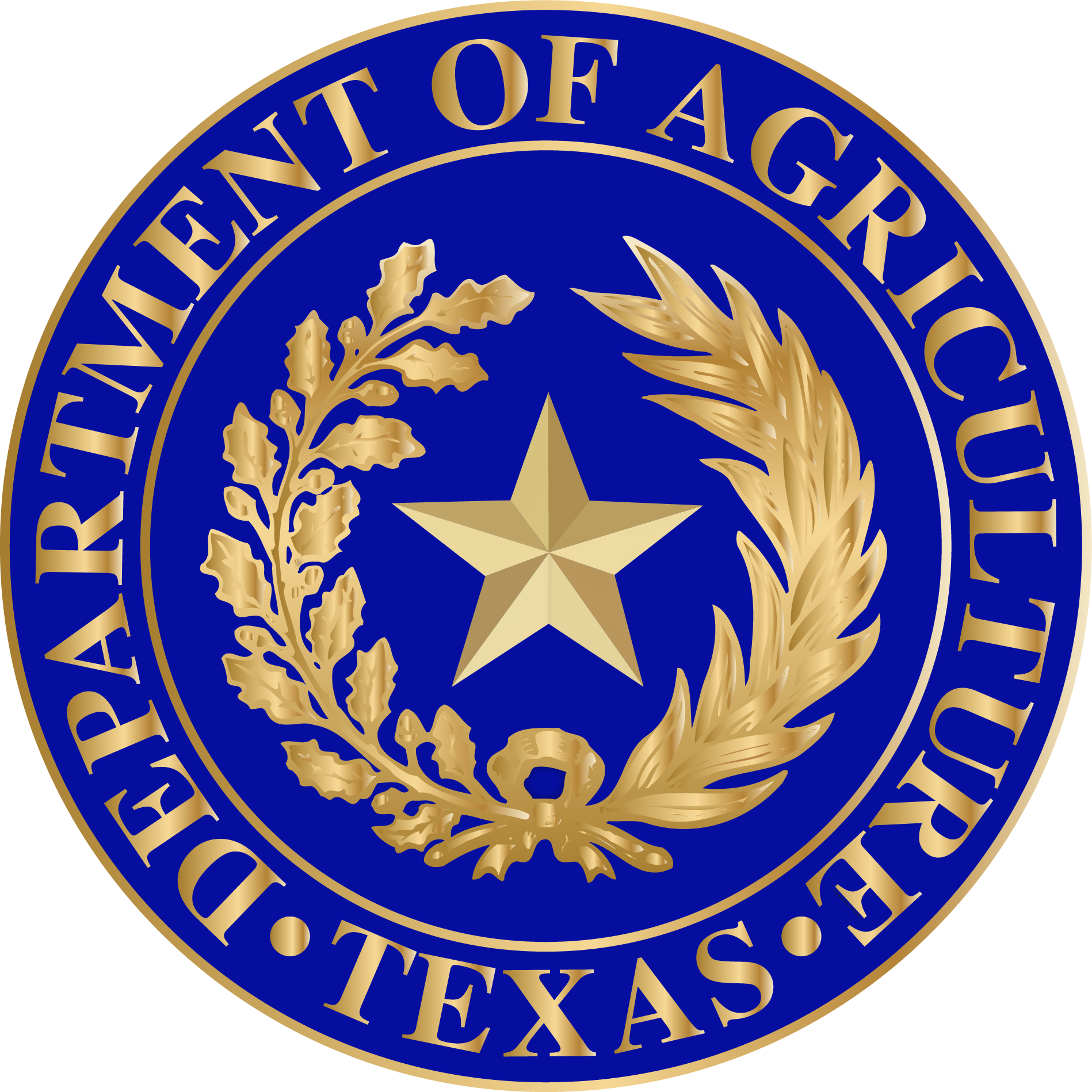
To add money to Your child or children's Lunch account
please click link below
Cafeteria Menus
Required Postings
West Sabine ISD Charge Policy
There is No Charging allowed for seconds, ice cream, tea, bottled water, and Gatorade!!!
Students can only charge a reimbursable meal if needed!!!
You may prepay your account or pay daily
There is No Charging for Faculty and Staff!!! We encourage Faculty and Staff to fill out a Payroll Deduct Form and add your children, Then Staff who sign up for Payroll Deduct, meals will be drafted out of Staff Pay check.
Due to TDA Guidelines PK is only allowed white milk\ No Chocolate Milk Allowed
Our Mission Statement West Sabine ISD Child Nutrition Services staff will provide quality meals in an efficient, clean and friendly manner, to enhance the learning and health of children. Certified managers will analyze menus to ensure that they are appetizing and meet all appropriate USDA nutritional guidelines.
School meals are ...
Nutritious
National School Lunch Program participants also were more likely than nonparticipants to have adequate usual daily intakes of key nutrients. ~ School Nutrition Dietary Assessment Study-||| (2004-05)
Students that eat meals served through the NSLP are more likely to be at a healthy weight, Research from 2007 also found that students gain weight during the summer months when they are at home and lose weight during the school year when they are able to eat school meals. ~ School Nutrition Association
School lunches must meet Dietary Guidelines for Americans, which recommends no more than 30 percent of calories come from fat and less than 10 percent from saturated fat. Regulations also require school lunches to provide one-third of the Recommended Dietary Allowances of protein, vitamin A, vitamin C, iron, calcium and calories. ~ U.S. Dept. of Agriculture
Smarter
Studies conclude that students who eat school breakfast increase their math and reading scores and improve their speed and memory in cognitive tests. Research also shows that children who eat breakfast at school - closer to class and test-taking time - perform better on standardized tests than those who skip breakfast or eat breakfast at home. ~
Food Research & Action Center
Using a representative sample of 22,000 kindergarten/first graders, University of Wisconsin Madison researchers demonstrated that receiving a school lunch is associated with an increase in math and reading scores; the improvement was most significant for boys' reading scores. ~ The Institute on Poverty at the University of Wisconsin-Madison
Children with poor diets may also have a more difficult time fighting off infections, causing them to have higher rates of illness. This can interrupt school attendance, which often contributes to lower academic performance and impaired academic development. ~ Live Strong.Com
Safe
Federal law requires schools to receive two health inspections a year. These inspections are conducted by state or local health departments.
School cafeteria managers in Texas are certified food handlers by the Texas Dept. of Human Services.
The Nutrition Services department is made up of a team of food and nutrition professionals that are dedicated to students' health, well being and their ability to learn. We support learning by promoting healthy habits for lifelong nutrition and fitness practices.
Meals, foods and beverages sold or served at schools meet state and federal requirements which are based on the USDA Dietary Guidelines. We provide students with access to a variety of affordable and appealing foods that meet the health and nutrition needs of students.
Non-Discrimination Statement
In accordance with Federal civil rights law and U.S. Department of Agriculture (USDA) civil rights regulations and policies, the USDA, its Agencies, offices, and employees, and institutions participating in or administering USDA programs are prohibited from discriminating based on race, color, national origin, sex, disability, age, or reprisal or retaliation for prior civil rights activity in any program or activity conducted or funded by USDA.
Persons with disabilities who require alternative means of communication for program information (e.g. Braille, large print, audiotape, American Sign Language, etc.), should contact the Agency (State or local) where they applied for benefits. Individuals who are deaf, hard of hearing or have speech disabilities may contact USDA through the Federal Relay Service at (800) 877-8339. Additionally, program information may be made available in languages other than English.
To file a program complaint of discrimination, complete the USDA Program Discrimination Complaint Form, (AD-3027) found online at: http://www.ascr.usda.gov/complaint filing cust.html, and at any USDA office, or write a letter addressed to USDA and provide in the letter all of the information requested in the form. To request a copy of the complaint form, call (866) 632-9992. Submit your completed form or letter to USDA by:
(1) mail: U.S. Department of Agriculture Office of the Assistant Secretary for Civil Rights 1400 Independence Avenue, SW Washington, D.C. 20250-9410;
(2) fax: (202) 690-7442; or
(3) email: program.intake@usda.gov.
This institution is an equal opportunity provider.
Assistance available in English and Spanish. Please call 877-TEX-MEAL (877-839-6325) for help.
In accordance with Federal civil rights law and U.S. Department of Agriculture (USDA) civil rights regulations and policies, the USDA, its Agencies, offices, and employees, and institutions participating in or administering USDA programs are prohibited from discriminating based on race, color, national origin, sex, disability, age, or reprisal or retaliation for prior civil rights activity in any program or activity conducted or funded by USDA.
Persons with disabilities who require alternative means of communication for program information (e.g. Braille, large print, audiotape, American Sign Language, etc.), should contact the Agency (State or local) where they applied for benefits. Individuals who are deaf, hard of hearing or have speech disabilities may contact USDA through the Federal Relay Service at (800) 877-8339. Additionally, program information may be made available in languages other than English.
To file a program complaint of discrimination, complete the USDA Program Discrimination Complaint Form, (AD-3027) found online at: http://www.ascr.usda.gov/complaint_filing_cust.html, and at any USDA office, or write a letter addressed to USDA and provide in the letter all of the information requested in the form. To request a copy of the complaint form, call (866) 632-9992. Submit your completed form or letter to USDA by:
Mail:
U.S. Department of Agriculture
Office of the Assistant Secretary for Civil Rights
1400 Independence Avenue, SW
Washington, D.C. 20250-9410
Fax: (202) 690-7442; or
Email: program.intake@usda.gov.
This institution is an equal opportunity provider.

TEXAS DEPARTMENT OF AGRICULTURE
COMMISSIONER SID MILLER
Staff:
Tammy Rogers, Food Services Director
Elementary Cafeteria

Name | Position |
Nola Howton | Cafeteria Staff |
Brenda Birdwell | Cafeteria Staff |
Crystal Miller | Cafeteria Staff |
Teresa Kendrick | Manager |
High School Cafeteria

Name | Position |
Susan Joachimi | Manager |
Tammy Rogers | Food Service Director |
Lucille Lynn | Cafeteria Staff |
Chelsea Baker | Cafeteria Staff |
